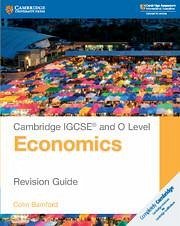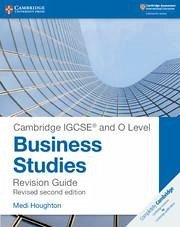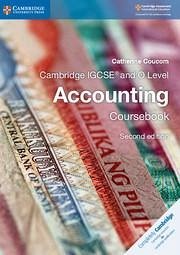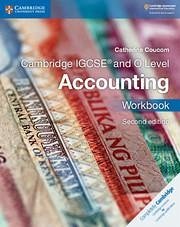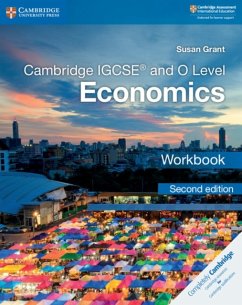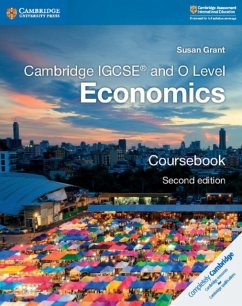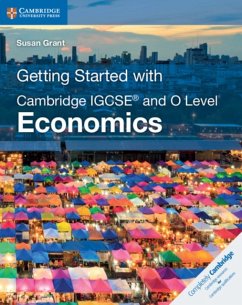
Susan Grant
Broschiertes Buch
Getting Started with Cambridge Igcse(r) and O Level Economics
Versandkostenfrei!
Versandfertig in 2-4 Wochen

PAYBACK Punkte
12 °P sammeln!



Covers the Cambridge IGCSE syllabus (0455) and the Cambridge O Level syllabus (2281), first examination from 2020.
Produktdetails
- Cambridge International IGCSE
- Verlag: Cambridge University Press
- 2 Revised edition
- Seitenzahl: 144
- Erscheinungstermin: 8. November 2018
- Englisch
- Abmessung: 275mm x 220mm x 10mm
- Gewicht: 392g
- ISBN-13: 9781108440431
- ISBN-10: 1108440436
- Artikelnr.: 53070308
Herstellerkennzeichnung
Libri GmbH
Europaallee 1
36244 Bad Hersfeld
gpsr@libri.de
Für dieses Produkt wurde noch keine Bewertung abgegeben. Wir würden uns sehr freuen, wenn du die erste Bewertung schreibst!
Eine Bewertung schreiben
Eine Bewertung schreiben
Andere Kunden interessierten sich für


